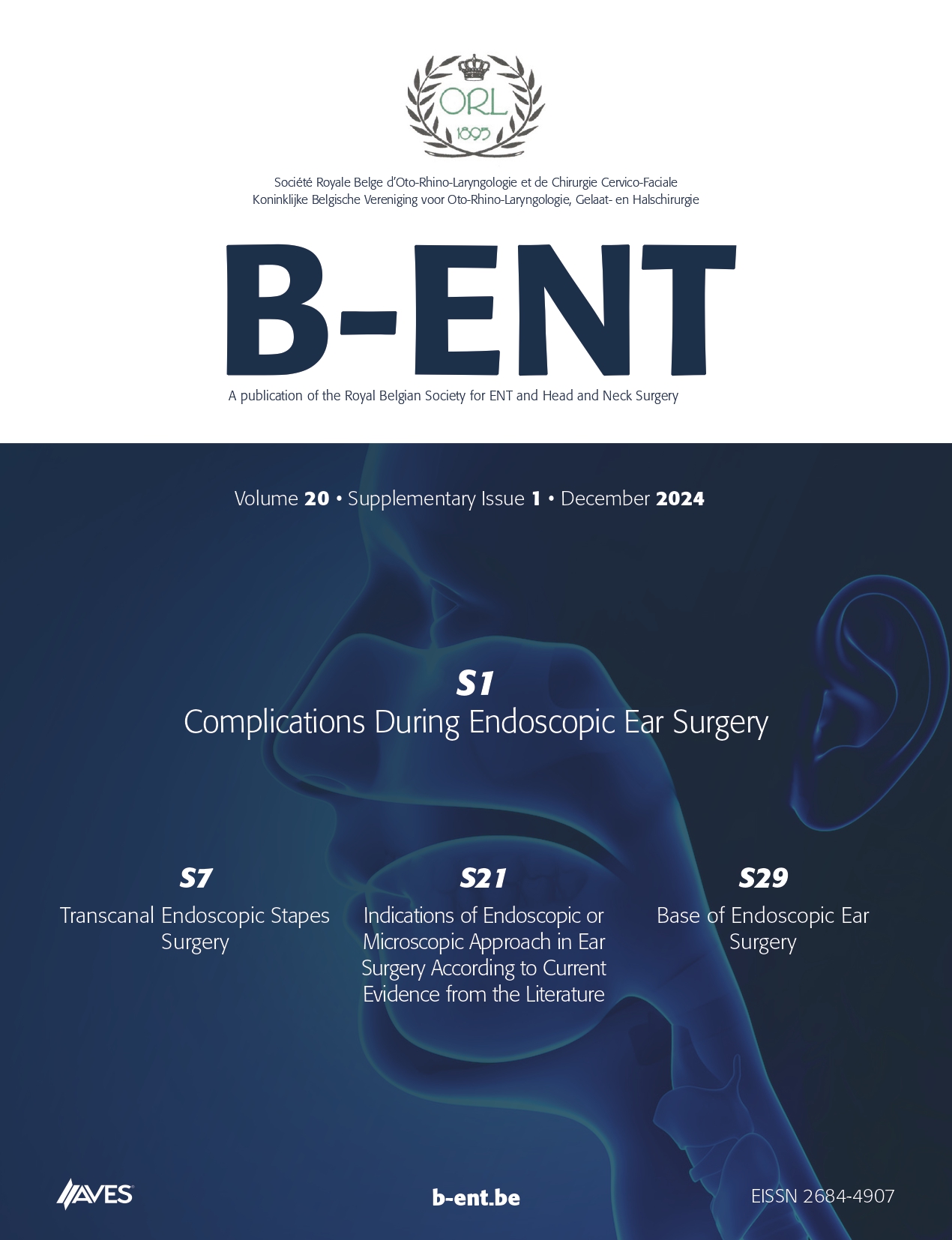Prognostic significance of electrophysiological tests for facial nerve outcome in vestibular schwannoma surgery. Objective: To assess the prognostic significance of pre-operative electrophysiological tests for facial nerve outcome in vestibular schwannoma surgery.
Methodology: Retrospective study design in a tertiary referral neurology unit. We studied a total of 123 patients with unilateral vestibular schwannoma who underwent microsurgical removal of the lesion. Nine patients were excluded because they had clinically abnormal pre-operative facial function. Pre-operative electrophysiological facial nerve function testing (EPhT) was performed. Short-term (1 month) and long-term (1 year) post-operative clinical facial nerve function were assessed.
Results: When pre-operative facial nerve function, evaluated by EPhT, was normal, the outcome from clinical follow-up at 1-month post-operatively was excellent in 78% (i.e. HB I-II) of patients, moderate in 11% (i.e. HB III-IV), and bad in 11% (i.e. HB V-VI). After 1 year, 86% had excellent outcomes, 13% had moderate outcomes, and 1% had bad outcomes. Of all patients with normal clinical facial nerve function, 22% had an abnormal EPhT result and 78% had a normal result. No statistically significant differences could be observed in short-term and long-term post-operative facial function between the groups.
Conclusion: In this study, electrophysiological tests were not able to predict facial nerve outcome after vestibular schwannoma surgery. Tumour size remains the best pre-operative prognostic indicator of facial nerve function outcome, i.e. a better outcome in smaller lesions.



.png)
